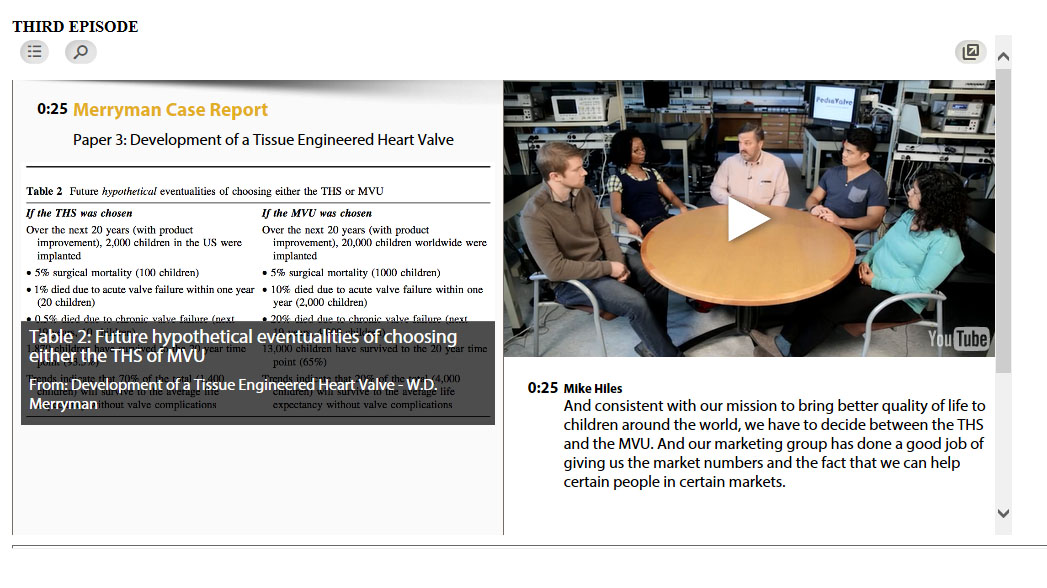PRIME Ethics Named a Top Engineering Ethics Program
 PRIME Ethics comprises a multidisciplinary team of engineering, communication, and ethics educators. With support from National Science Foundation (award #1237868) and an Engineer of 2020 Seed Grant from the College, the team has developed and tested a framework for enhancing engineering students’ ethical reasoning skills. The framework includes four learning modules that can be used as a stand-alone course or as embedded curricular applications. To determine the impact of this innovative educational intervention the team designed an “Ethics Transfer Case” tool that assess students’ transfer of ethical reasoning skill.
PRIME Ethics comprises a multidisciplinary team of engineering, communication, and ethics educators. With support from National Science Foundation (award #1237868) and an Engineer of 2020 Seed Grant from the College, the team has developed and tested a framework for enhancing engineering students’ ethical reasoning skills. The framework includes four learning modules that can be used as a stand-alone course or as embedded curricular applications. To determine the impact of this innovative educational intervention the team designed an “Ethics Transfer Case” tool that assess students’ transfer of ethical reasoning skill.
“Purdue has a long history of graduating high-quality and creative engineers. Our team recognized that engineering students and professionals are facing increasingly complex ethical challenges in their research projects and careers,” said project lead Andrew Brightman. “So, we set out to find novel and effective ways to prepare our Purdue engineers to make ethical decisions amidst the rapid pace of engineering innovation and complexities of emerging technology development in a global economy.”
More information about PRIME Ethics can be found at https://engineering.purdue.edu/BME/PRIMEEthics. The NAE CEES report, Infusing Ethics into the Development of Engineers: Exemplary Education Activities and Programs (2016), is available at: http://www.nap.edu/catalog/21889/infusing-ethics-into-the-development-of-engineers-exemplary-education-activities.
Photo: Michael Hiles, PhD, a facilitator in one of the 4 learning modules leads a group of graduate students in discussion of an ethics case. Students shown (L-R) are TJ Puls, Thembi Mdluli, Kevin Buno, and Joyatee Sarker.
